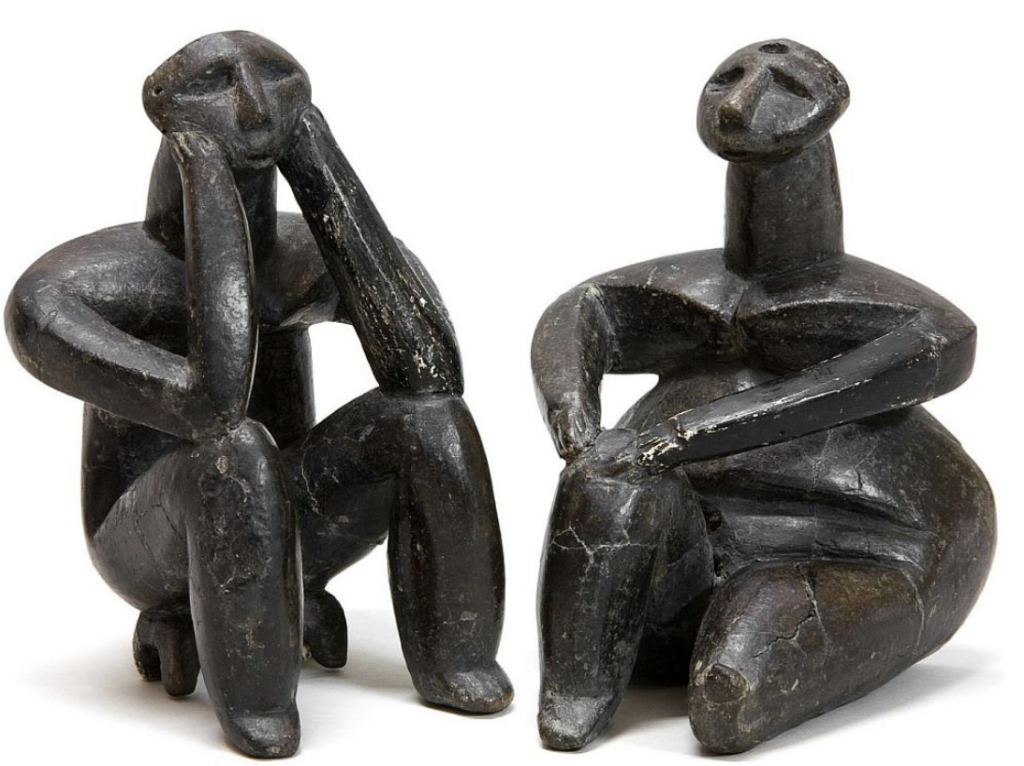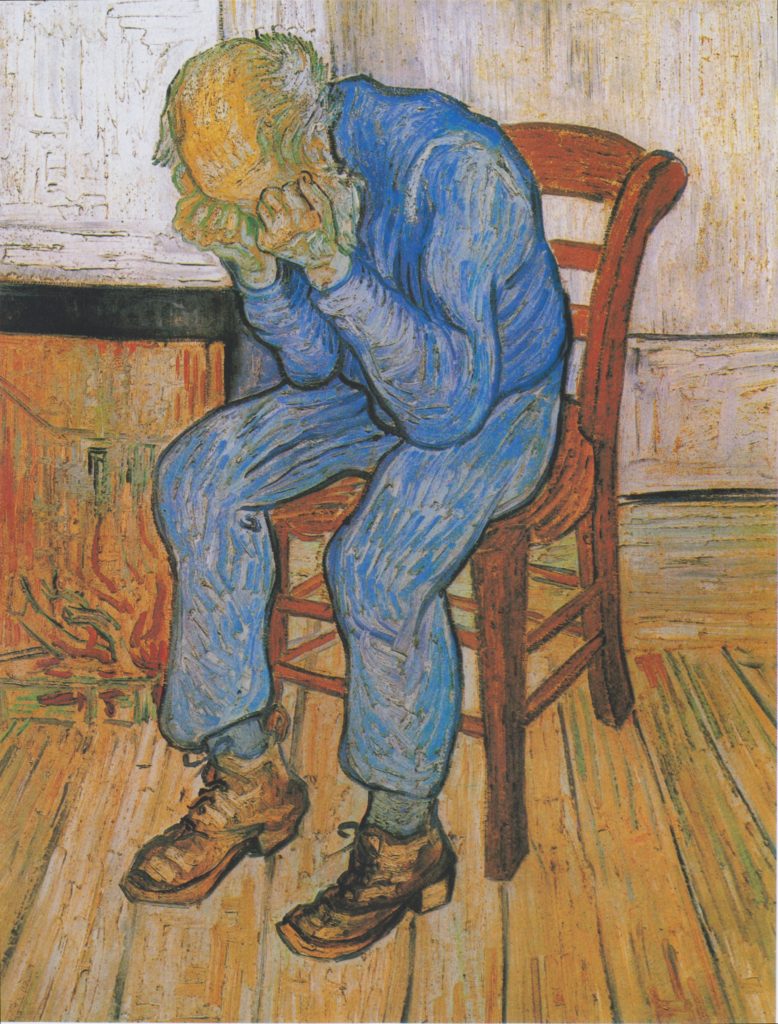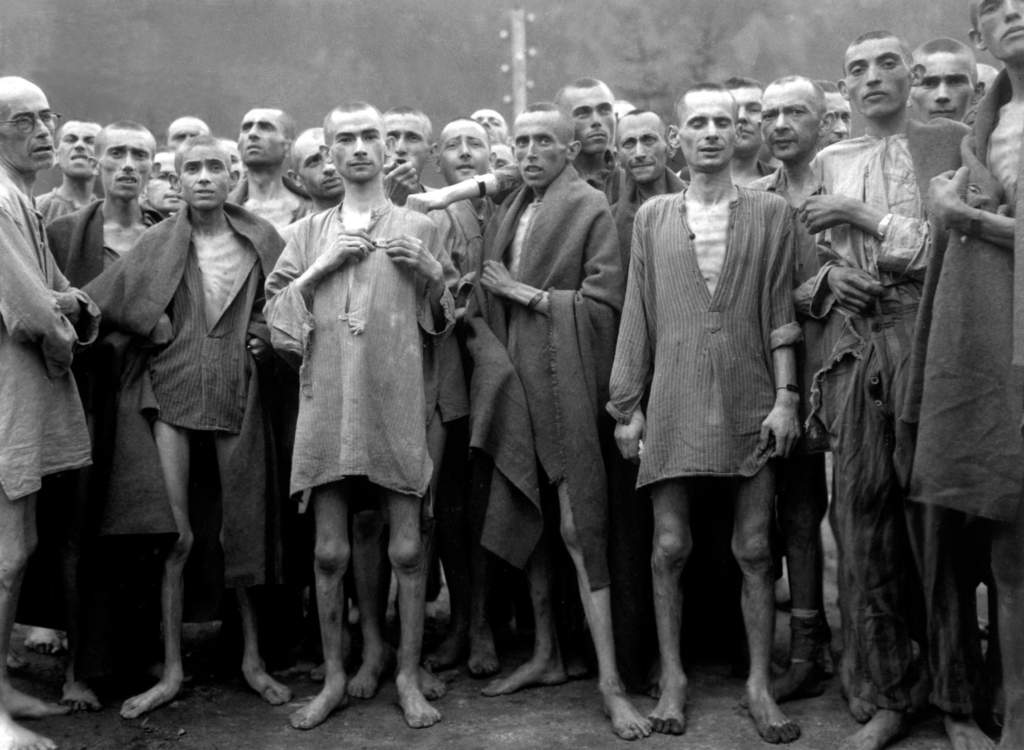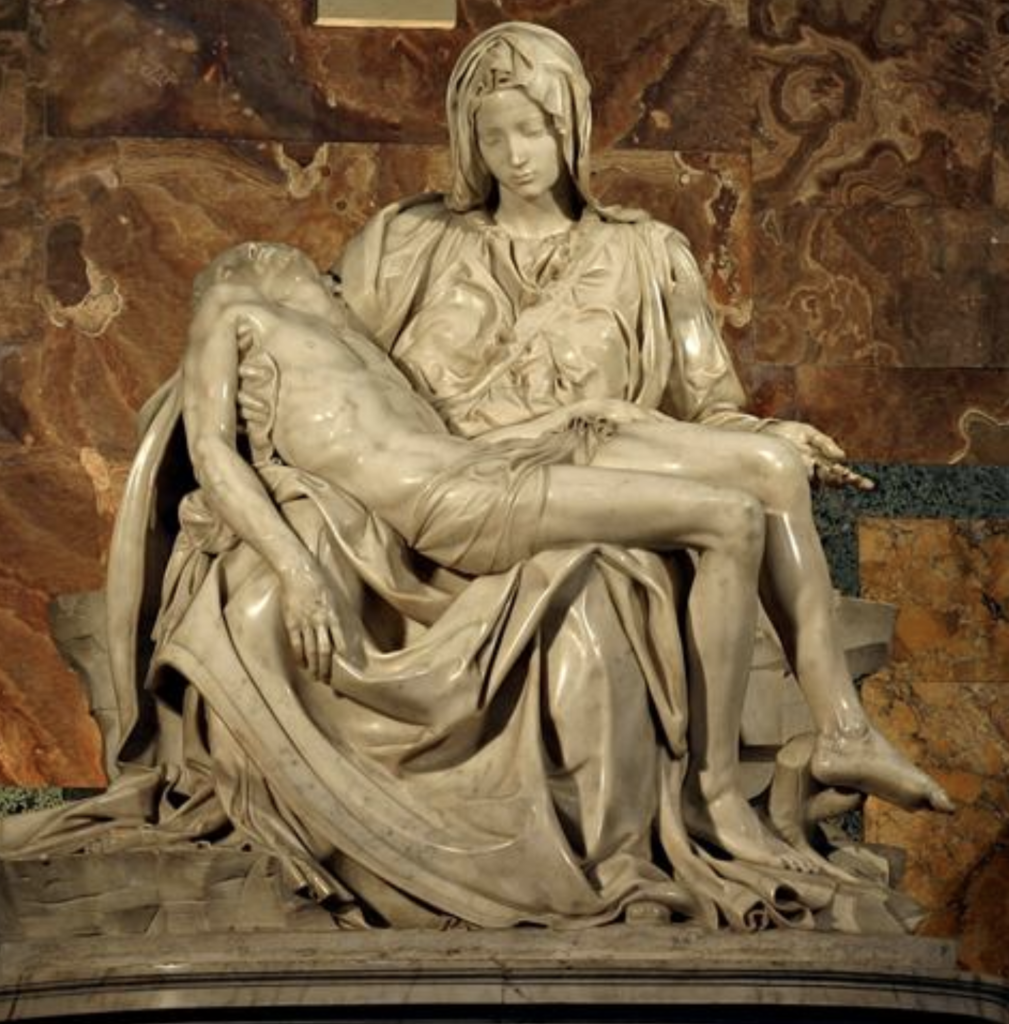Evolutionary biologist David Barash is a man on a mission. He wants to make sure that we all know we are only human, and that means we are only animal. We share DNA, mitochondria, organelles, our very flesh with animals, and so are animals too. We might as well give up any hope of being sons of God. That story in the Bible that we were created specially is just a story according to Barash, and a dangerous one at that.
I heard him give an interview on the Seattle NPR station. He has a winsome way of speaking. He makes a point of telling the story of our common evolutionary origin to his classes at the University of Washington where he teaches. He talks about when young people are sometimes dismayed by the implications of what he says, so he explains to them gently that no, it’s not necessarily the case that the Bible conforms to what we know from science. He has even written an article in the New York Times where he says every year he gives a talk explaining that the students might as well accept at the beginning that evolution is true and just get over it. Now that I know what he sounds like, that he’s not speaking in a big booming authoritarian voice, I know it’s something more difficult, the voice of someone who sounds like a nice guy.
I find all of this sad. It is true that we share a lot in common with animals. It is true that we have DNA, RNA, and proteins in common, that we have mitochondria and organelles in common, that we have brains and bones in common. But we also have many things that we do not have in common with animals. These things Barash tends to underemphasize. For example, our ability to think abstractly about things not necessary for survival is amazing. In fact, spending the time to learn to do them well is likely to hinder survival (sorry, savants!).
We write motets, we calculate equations that take us into space, we write songs about flying to the moon, we write future histories (no chimp does that!) and study Greek plays by people long dead (only English majors and freshmen who have no choice do that).
We use voice dictation software that others of us have made, that is sometimes almost poetic in its interpretation of what we just said, in fact, so poetic that we can’t tell what it was supposed to be. No chimp does that.
we’ve a poetry rain gauge
in tremendous charity
missing people dying
in the Crimean war where
on the streets of Calcutta Orient
the streets of Brooklyn
At this point the program and I recover intelligibility.

Seattle by Seaplane 
Woman holding a balance ca 1664  from archaeologist Ticia Verveer
@ticiaverveer
from archaeologist Ticia Verveer
@ticiaverveer
ca. 7,000 year old “Thinker of Cernavoda” & “Sitting Woman” Late Neolithic Hamangia culture Romania 
Antigone by Frederic Leighton 
Delft by Vermeer 
At Eternity’s Gate 
Prisoners at Ebensee Concentration Camp in 1945 
Piéta
We build incredible cities. We do horrible things well beyond what animals are capable of to each other. We have language, that wonderful, marvelous, treacherous gift.
The Wasteland by T.S. Eliot
April is the cruellest month, breeding
Lilacs out of the dead land, mixing
Memory and desire, stirring
Dull roots with spring rain.
We have music, that powerful, glorious, dangerous gift. And we have art, that beautiful, transcendent, painful gift. All these gifts are things that animals don’t have. They are qualitatively, not just quantitatively, different, and they are well past anything that could have evolved. Let us hope that some day there will be a way for David Barash to make peace with people of faith. Did he evolve? He says yes. Come on, I say, perhaps partly. Would he say he was given gifts? No?
I would say he was. He has a mind.
